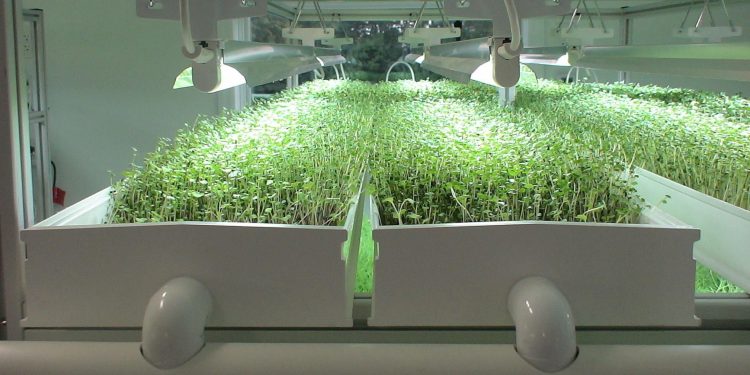Delve into the world of hydroponic cultivation and explore the pivotal role of nitrogen in maximizing plant growth and productivity. This article presents the latest data and insights on optimizing nitrogen application in hydroponic systems, highlighting its development, consequences, and the tremendous benefits it brings to farmers, agronomists, and agricultural scientists.
Hydroponic cultivation, a soilless farming technique, has gained significant popularity in recent years due to its potential for efficient resource utilization and high crop yields. One of the key factors driving success in hydroponics is the proper management of nutrients, with nitrogen being a critical element for plant growth and development.
According to a comprehensive study conducted by the International Journal of Environmental Research and Public Health, nitrogen plays a vital role in hydroponic systems, influencing various plant processes such as photosynthesis, protein synthesis, and overall biomass production. Optimal nitrogen levels ensure vigorous vegetative growth, healthy root development, and improved plant resilience.
To harness the power of nitrogen in hydroponic cultivation, it is essential to understand the recommended practices for nutrient management. Research conducted by leading agricultural universities emphasizes the importance of maintaining a balanced nutrient solution, with appropriate nitrogen concentrations tailored to the specific crop being grown.
By maintaining an optimal nitrogen-to-nutrient ratio, hydroponic farmers can achieve remarkable results. Adequate nitrogen levels promote lush foliage, vigorous growth, and optimal flowering, leading to increased fruit or vegetable yields. Moreover, nitrogen influences the quality attributes of the harvested produce, such as color, taste, and nutritional value.
However, it is crucial to strike a balance in nitrogen application. Excessive nitrogen levels can lead to imbalances in nutrient uptake, susceptibility to diseases, and environmental pollution. On the other hand, insufficient nitrogen can result in stunted growth, reduced productivity, and poor crop quality.
In conclusion, optimizing nitrogen application in hydroponic cultivation is paramount to unlock the full potential of this innovative farming technique. By understanding the importance of nitrogen and implementing proper nutrient management strategies, farmers, agronomists, and agricultural scientists can witness substantial improvements in crop growth, yield, and overall farm profitability.
#HydroponicCultivation #NitrogenOptimization #PlantGrowth #CropProductivity #NutrientManagement #SustainableFarming












